I don’t think plants can talk to us — let me get that straight. We don’t speak their language, and we don’t listen the way we listen to human shouts and cries and moans. We are all about the visuals. By the time a plant looks ill, wilted and yellowed, it’s already been struggling for some time.
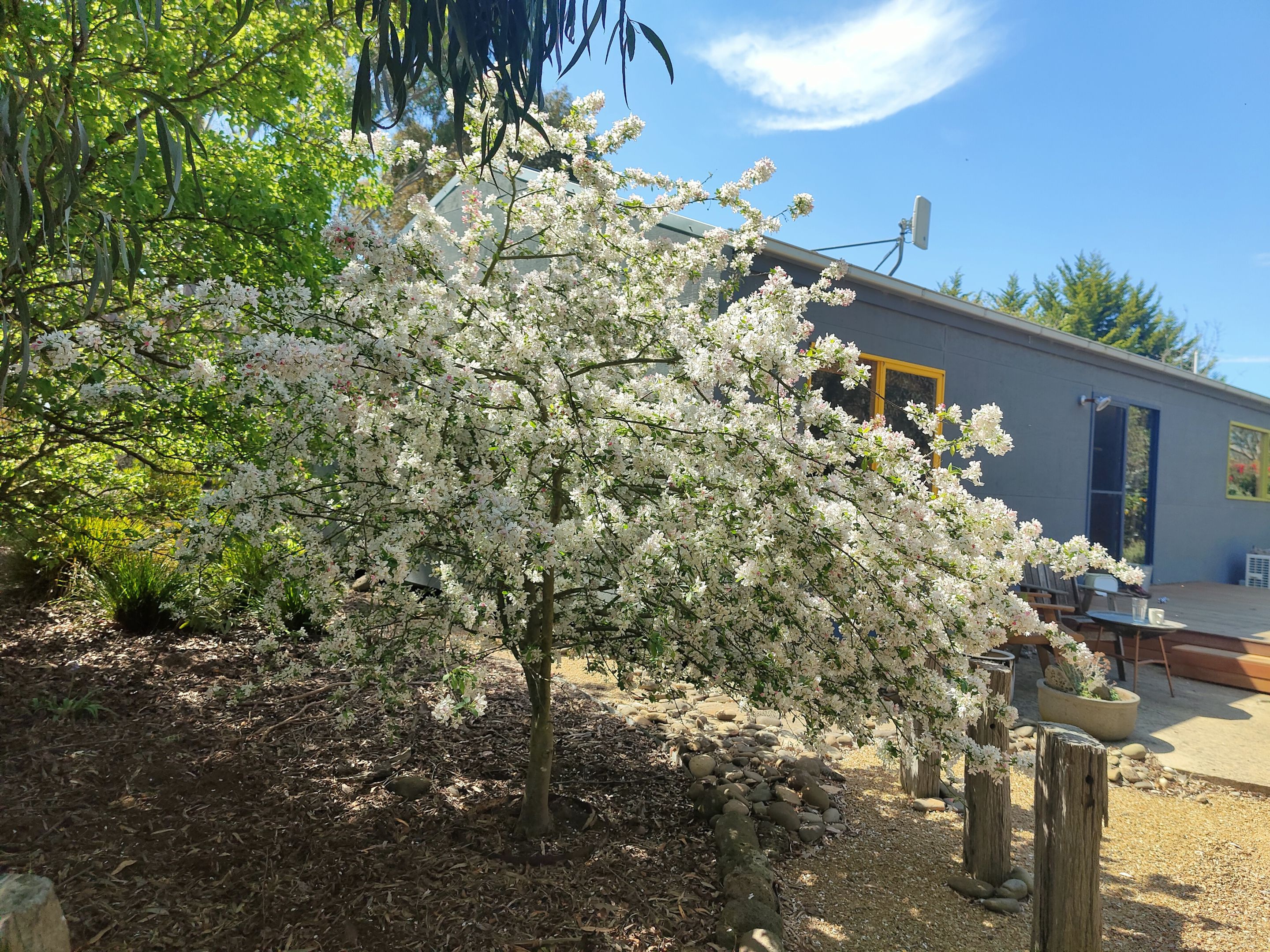
It’s poetic to say that trees whisper and flowers smile in the spring sunshine. We like to humanise them, to anthropomorphise. And while it can be a beautiful way of relating to the natural world, it sometimes distracts us from what’s actually going on. A plant isn’t “happy” when it blooms — it’s responding to cues of temperature and daylight. Giving extra water because it “looks thirsty” might kill it. My silverbeet is wilting in the heat right now — but watering it would damage its roots, because the soil is already too hot. It'll come good as the day cools.
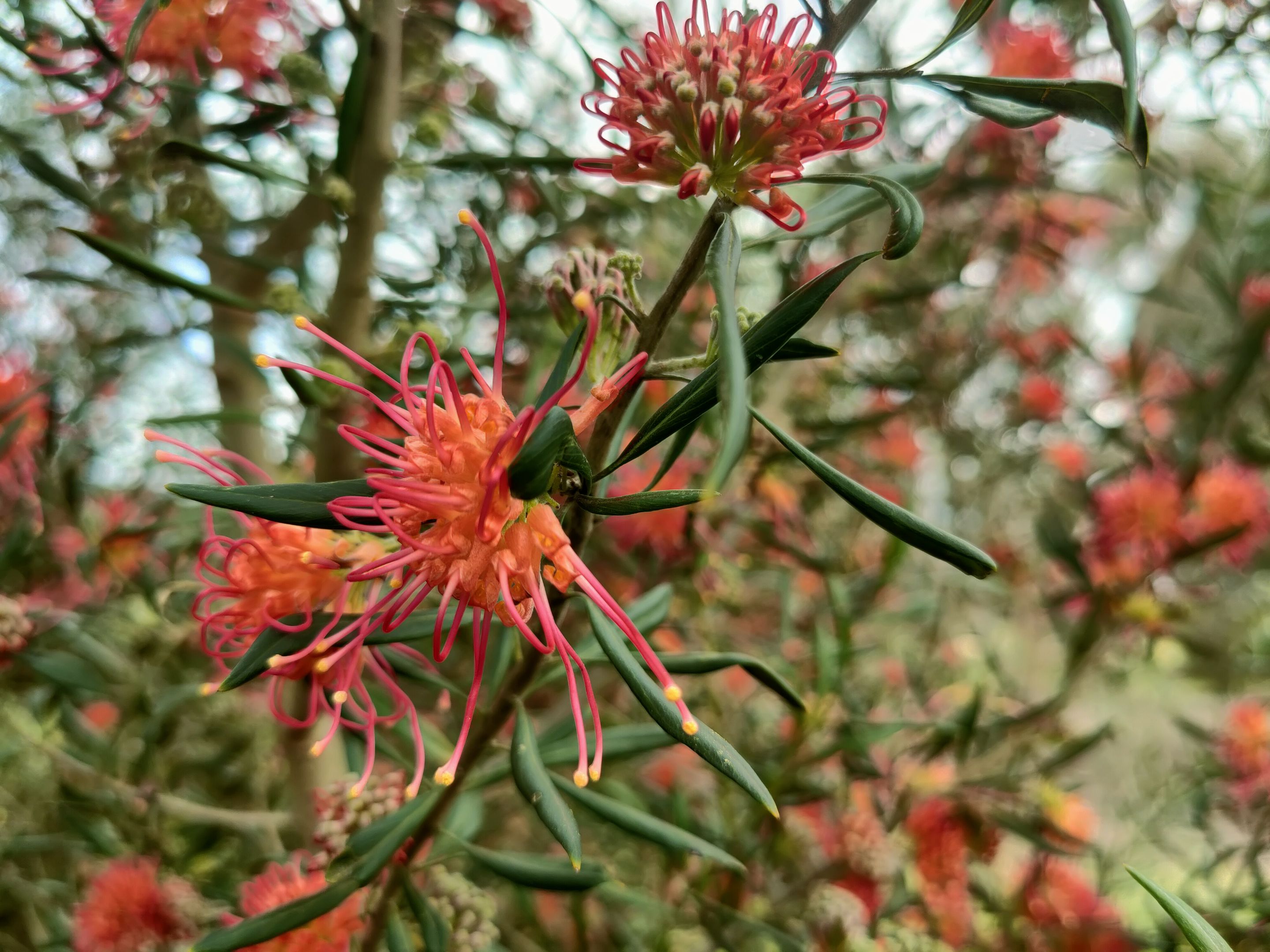
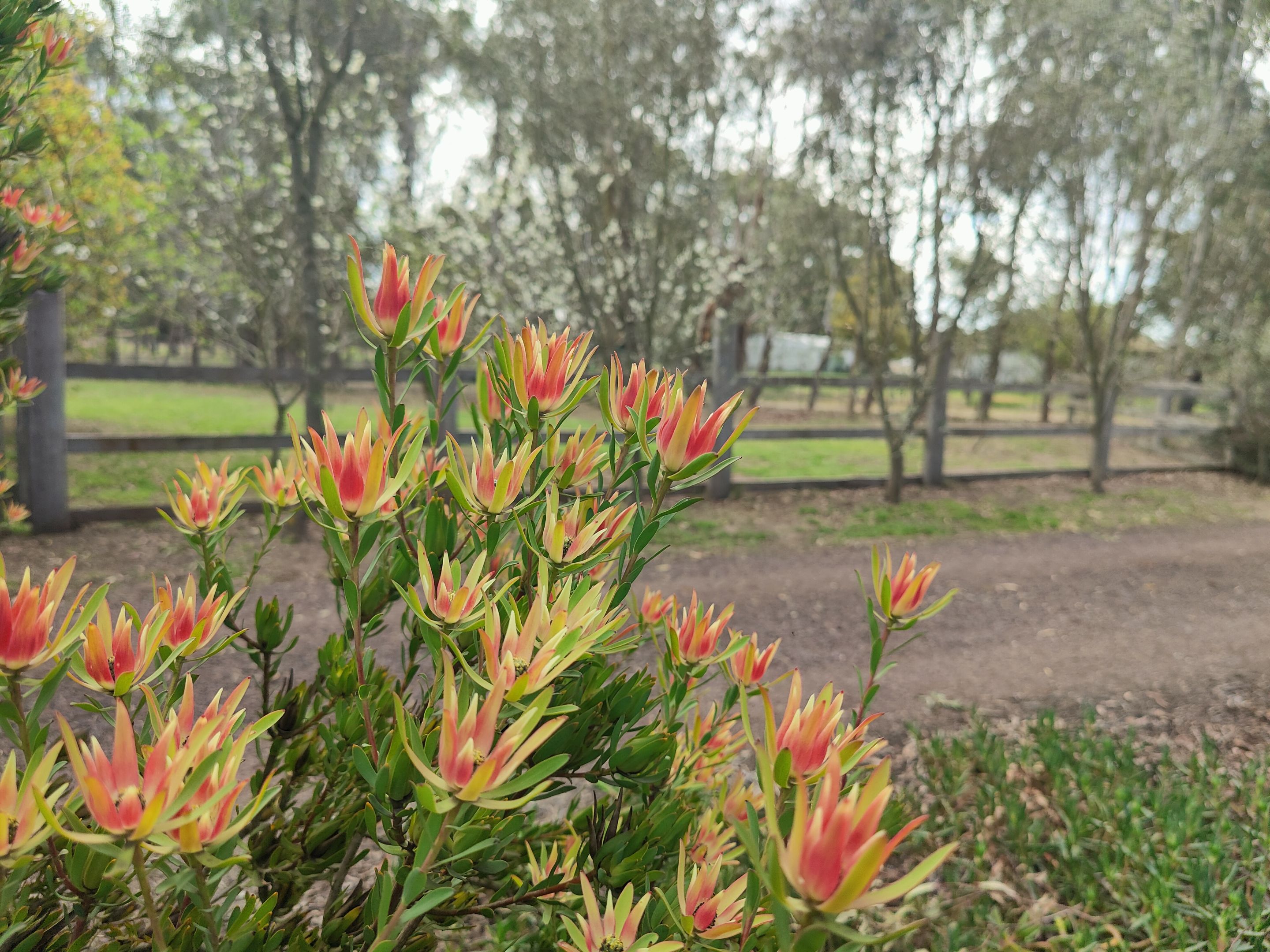
Seeing nature in human terms can ignore the profound complexity within it. Plants have their own astonishing ways of sensing and responding to the world, far beyond anything we do. They don’t need to be “like us” to be fascinating — in fact, they’re more fascinating when we let them be what they are.
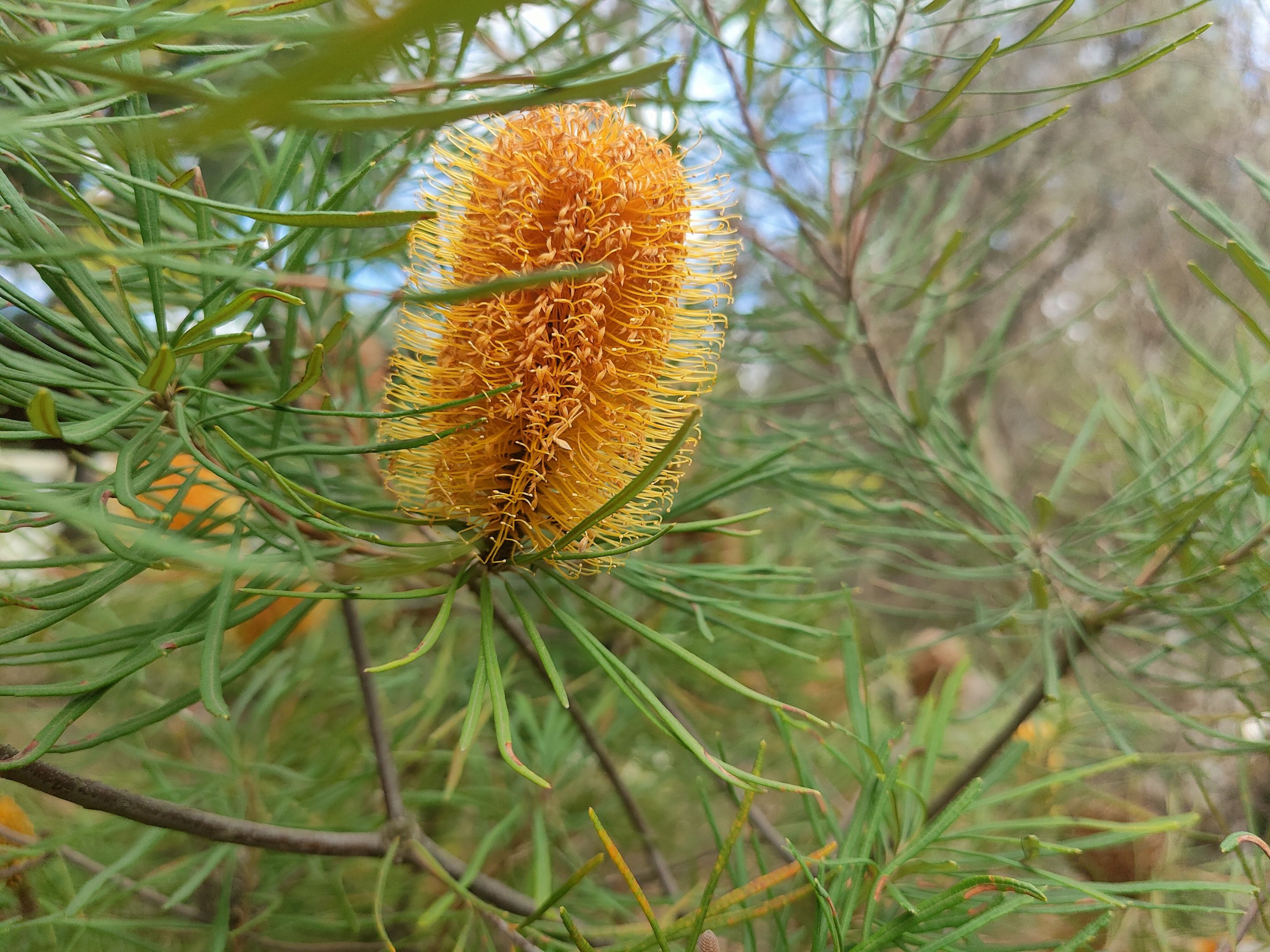
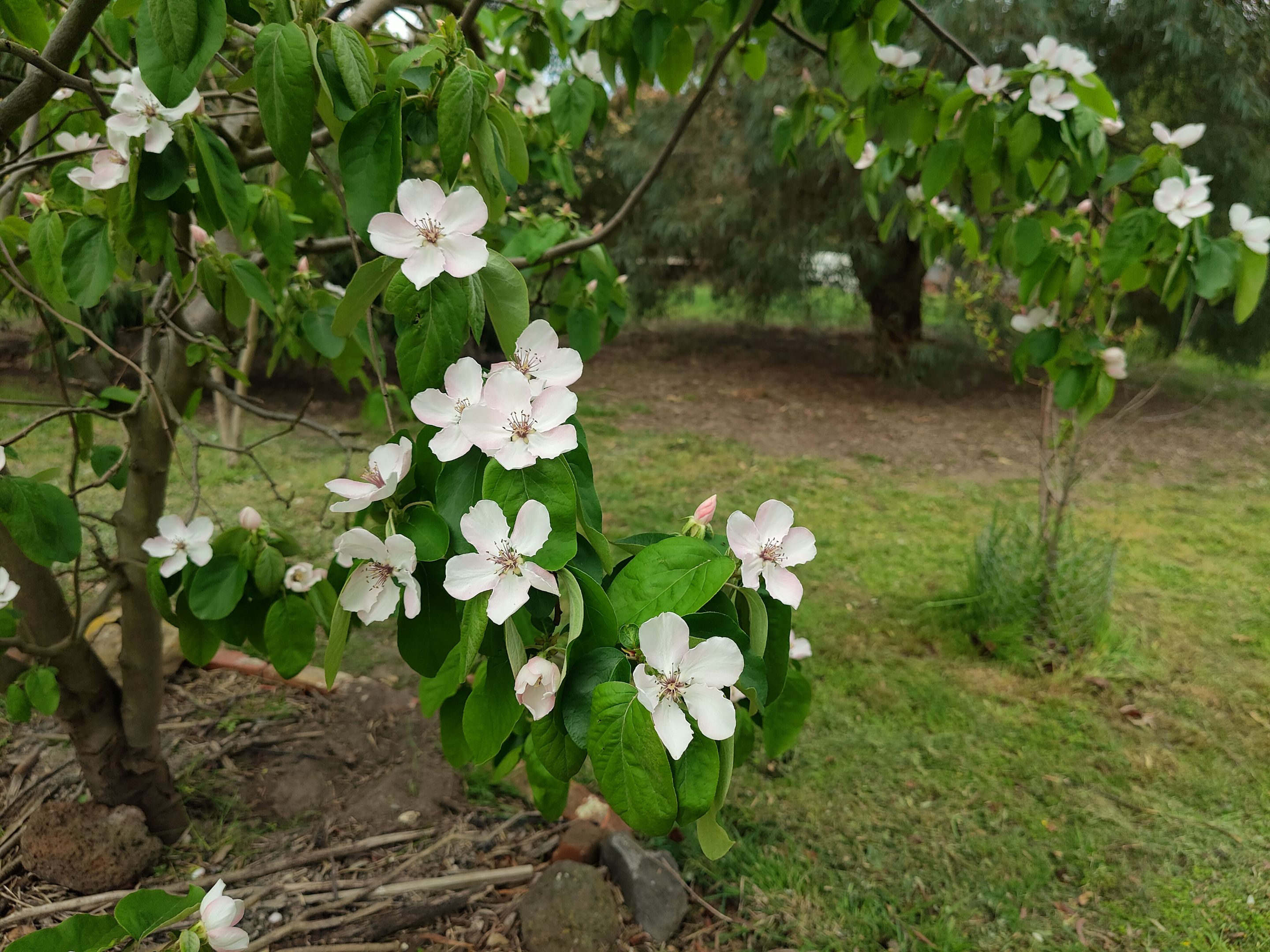
And yet — as I walk around my garden, I can’t help but feel emotional. It’s easy to imagine the white sage waving goodbye, the crabapple kissing me as its petals dislodge in the breeze. I feel as though I’ve been part of this garden so long that it will mourn me as I mourn it — especially if the next owners don’t care for the irises, the banksia, the mulberry.
But the truth is, my garden will not notice my absence. It will keep growing, blooming, seeding, regardless of me. I will be the one who mourns.
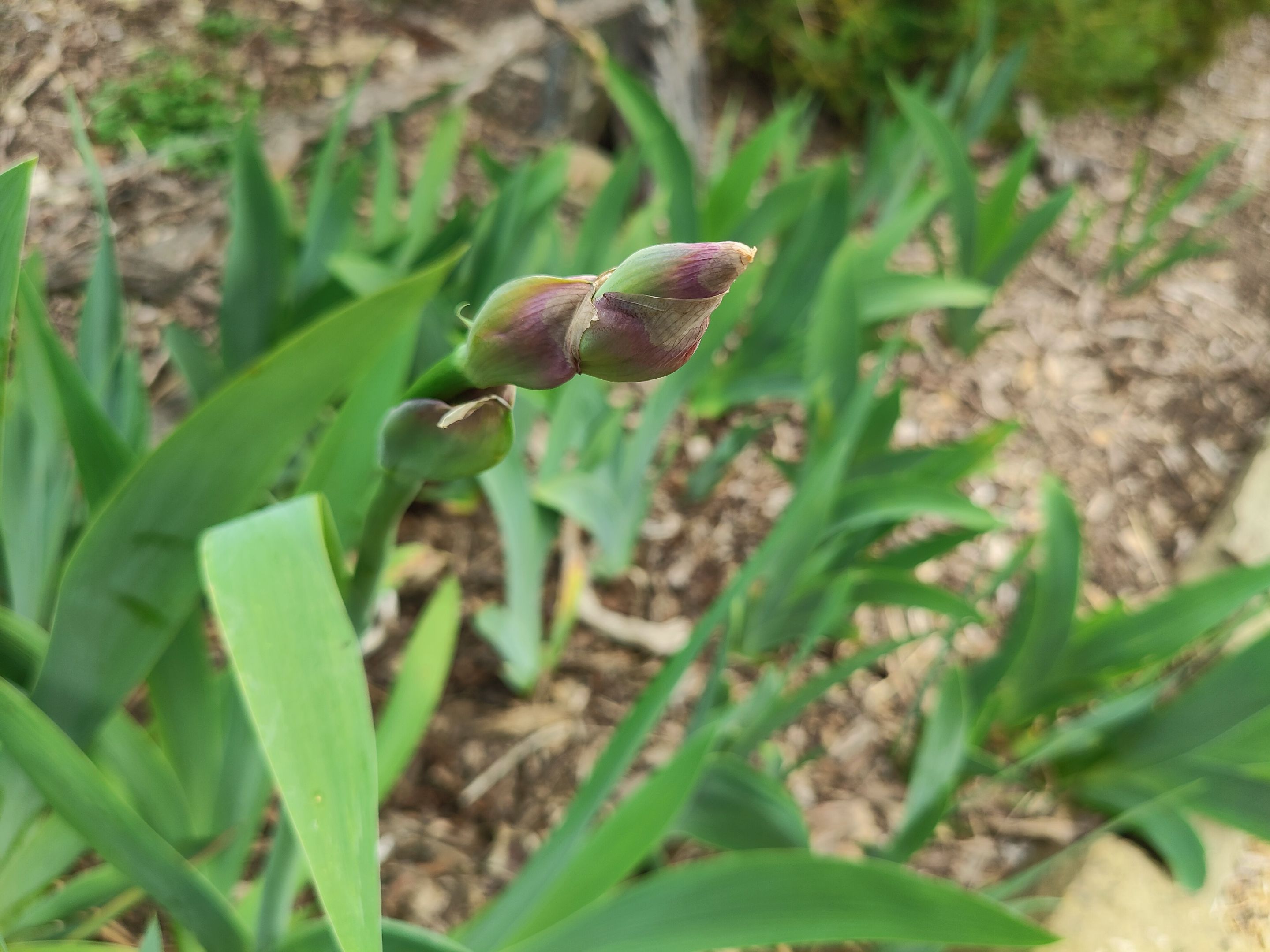

This garden has taught me more than I can say — that I am subject to seasons too, that I have my own lifespan, my own cycles of growth and rest. Spring comes again and again, until one day it doesn’t. Here I have learned about resilience, nourishment, abundance.
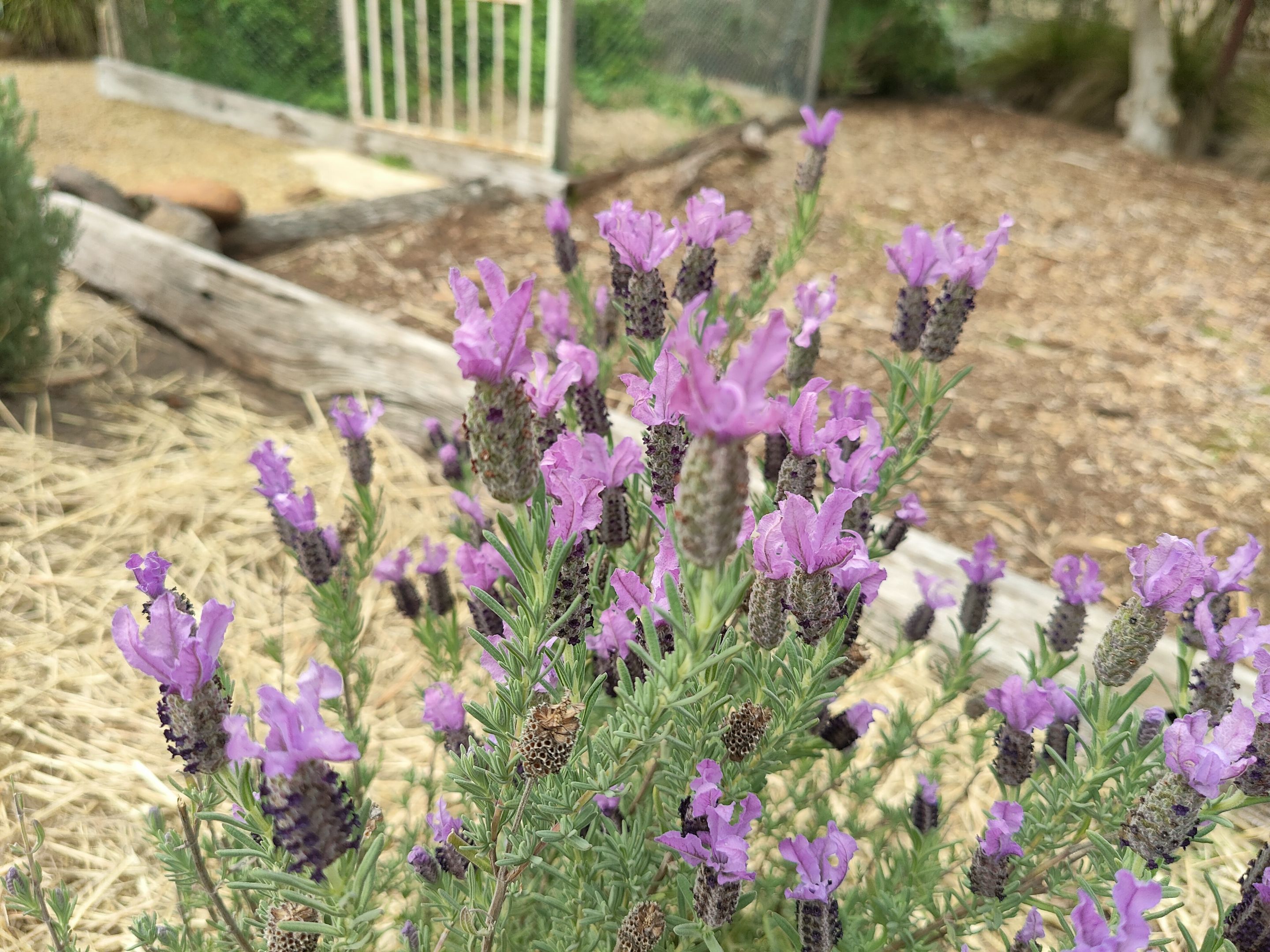
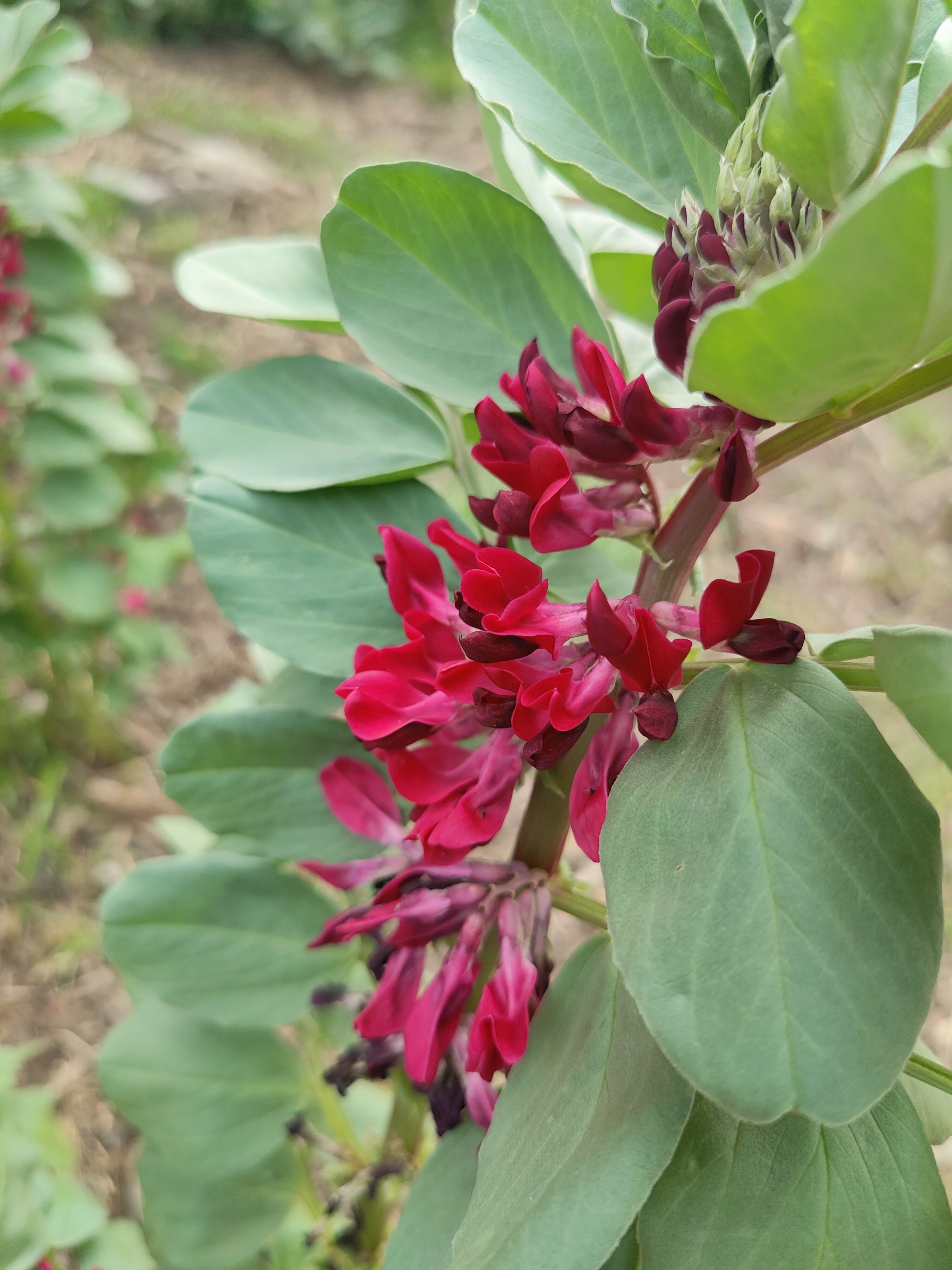
I have been listening hard, though I’ve never been spoken to as such. Listening with my hands in the soil, to the birds, to the buzz of bees and fly by of dragonflies.
Listening is just noticing. Observing. Responding. Like the plants, I sense my environment and am nourished by the light, the rain.
https://www.youtube.com/watch?v=I9zRwFxo6Eg
Perhaps imagining them waving goodbye is enough. It doesn’t hurt to imagine.
This was in response the Hive Garden QOTW this week.
With Love,


Join The Hive Garden Community! The HIVE GARDEN COMMUNITY supports gardening, homesteading, cannabis growers, permaculture and other garden related content. Delegations to the curation account, @gardenhive, are welcome! Find our community here!
Are you on HIVE yet? Earn for writing! Referral link for FREE account here!